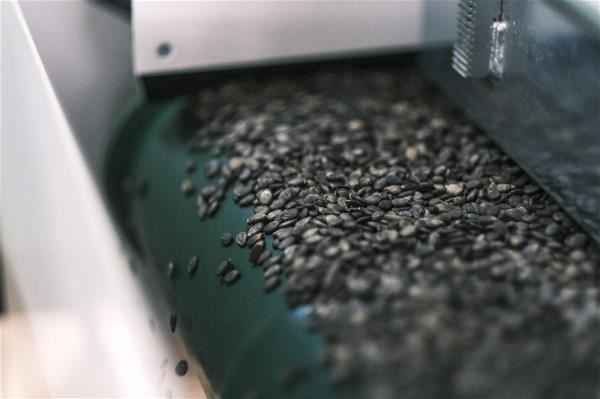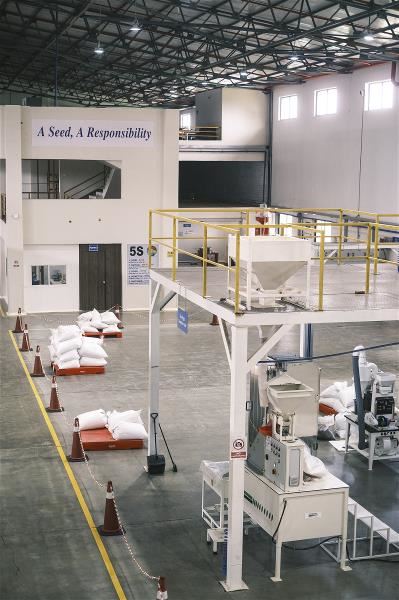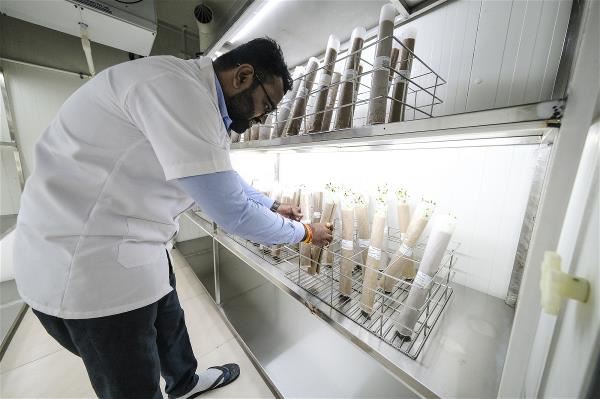2025-4-2
Courtesy of Taiwan Panorama March 2025
Esther Tseng /photo by Kent Chuang /tr. by Phil Newell
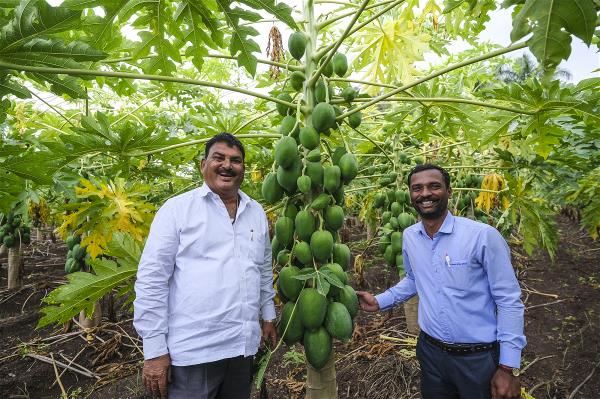
India has the largest population of any country in the world, and among the more than 150 countries around the globe where Taiwan’s Known-You Seed Company sells seeds, India is its number-one overseas market.
The Known-You Seed Company has been developing its business in India for more than 20 years, and in 2024 total sales there topped ₹1.7 billion (about US$19.6 million). It is surprising, then, that the company’s initial foray into India was prompted by a desire to help the poor, and the firm operated at a loss for its first eight years there. What strategies did Known-You Seed (India) Private Limited adopt that enabled it to turn its business around? What has been done to make India Known-You’s number one overseas market?
We accompany a Known-You technical team on a visit to a company farm in a village named Hingangoan, near the city of Pune in India’s Maharashtra State. When we arrive at the farm, standing before us is a tall, shady bodhi tree, and on the 3.2-hectare establishment dozens of plant species are grown, including marigold, ghost pepper, ridge gourd, papaya, and okra.
Of these, the ‘Red Lady’ papaya—which is sweet and fragrant and has fine, dense pulp—has a 90% market share in India. It is a perennially popular product that has helped Known-You to make deep inroads into the country. We visit with Ravendra Lonkar, a farmer who has had great success growing papaya since he switched his sugarcane fields over to Red Lady papaya. But while his papaya groves are flourishing, what really catches our eyes is Lonkar’s magnificent house.
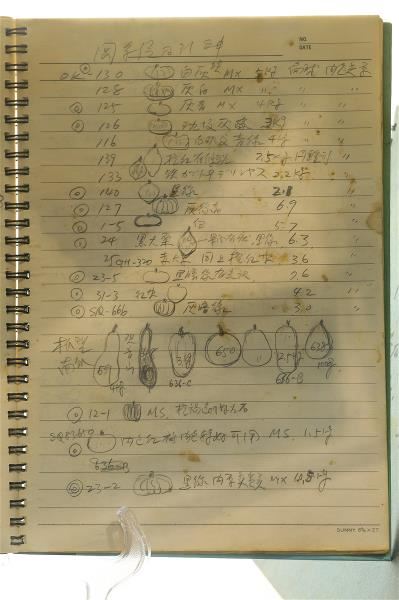
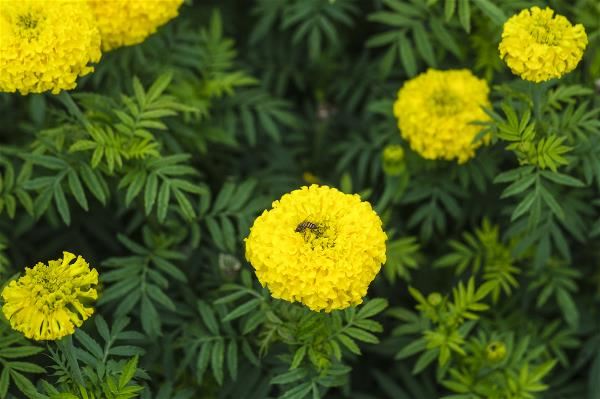
Helping farmers to prosper
Lonkar’s home is similar to a three-sided family compound in Taiwan, and although the odor of cow manure permeates the air, this two-story structure has three large living rooms, a space dedicated to the god Krishna, and seven bedrooms, providing a home for 16 members of his extended family. The kitchen alone is more than 20 square meters in size.
Lonkar has a knack for making money. With a local Known-You technical expert acting as interpreter, Lonkar, smiling and vigorously wobbling his head to express his enthusiasm, tells us in his local language that besides papayas, he also plants small watermelons and marigolds. He has a sixth sense about which new crops to grow and is willing to invest in buying fertilizer. He has also invested some of his profits in the construction industry.
In the display room at the Taiwan headquarters of Known-You, there are thank-you letters from many farmers like Lonkar. Natasha Yu, Known-You vice general manager and chief HR and PR officer, says: “Indian farmers grow small watermelons or muskmelons, and with the money they earn from their harvests they can build brick houses and buy tractors and motorcycles. When they become well-off, the whole family dresses up in new clothes and they take a family picture, which they send to us to express their gratitude.”
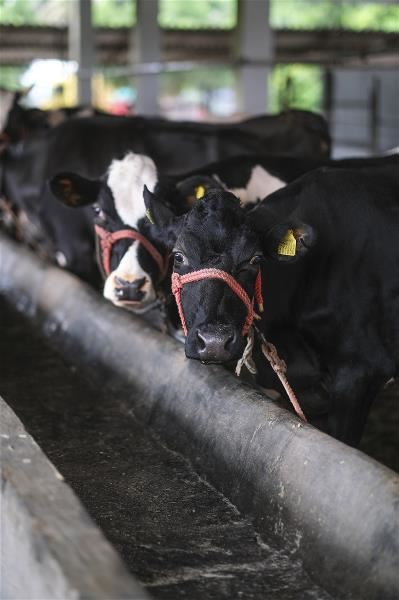
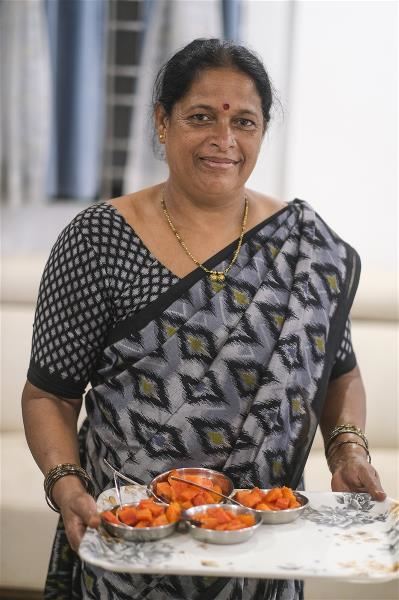
Pioneering in India
Looking back, Known-You’s decision to set up a subsidiary in India was inspired by the advice of a benefactor.
Natasha Yu tells us that during the Japanese colonial era in Taiwan the firm’s founder, Chen Wen-yu, had as his mentor Tsuneo Eguchi of the predecessor to today’s Fengshan Tropical Horticultural Experiment Branch of the Taiwan Agricultural Research Institute. Before Eguchi left Taiwan, he urged Chen that if he was able, he should help poor farmers in Southeast Asia.
Chen always bore this exhortation in mind, until he was finally able to do something about it. In 1984 Known-You set up an affiliate in Thailand, and in 1997 it established operations in Myanmar, where it funded the building of a free hospital for farmers. Taiwan Panorama reported on the company’s activities in Myanmar in 2012. In 1999 Known-You arrived in India, and in 2001 Kiyoaki Iboshi, a top student of Eguchi’s at Tokyo University of Agriculture, took over as general manager of Known-You India. The firm promoted its seeds to farmers in impoverished villages, operating at a loss for nearly a decade before it finally turned a profit.
At first, Known-You did not “sell” their seeds in the Indian market, but rather “lent” them. In the words of Linda Chang, vice general manager and chief R&D officer at Known-You, the company’s attitude was: “We lend the farmers watermelon, papaya, and muskmelon seeds, along with fertilizer and pesticides, and we teach them how to cultivate these crops. At first they needn’t pay anything—it is only after they harvest the crops and make money that they pay us back.” Using this approach to penetrate the local market meant that the company posted losses for a long time.
Yu says that the company not only taught farmers how to grow crops using its varieties, they also undertook marketing campaigns to spread word of these varieties among consumers, so that farmers’ best option was to grow them.
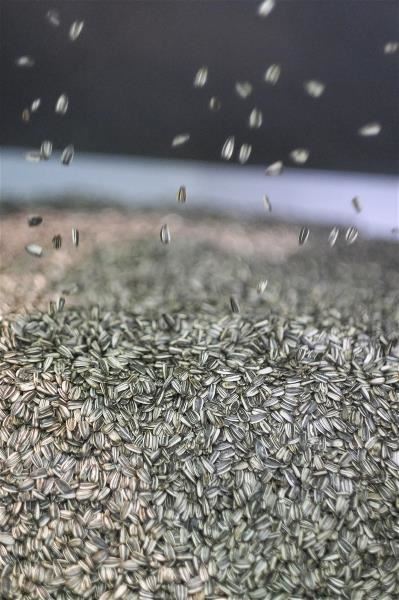
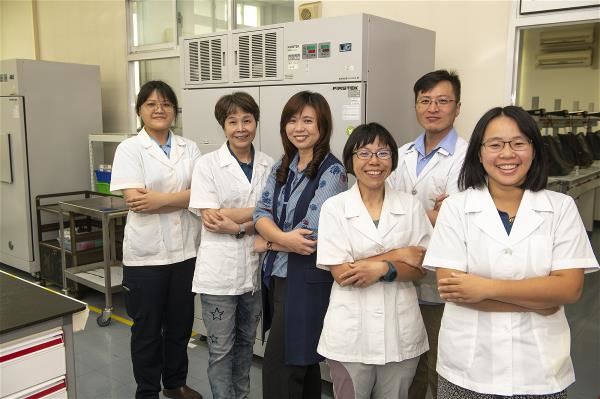
Stage 2: Better varieties
Linda Chang states that each time she goes to India for a visit she sees promotional staff joyfully wobbling their heads and saying how pleased they are to be a part of Known-You. They feel this way because this job enables them to genuinely help poor farmers to grow good fruit, thereby changing their lives.
“I feel very moved when I hear this. It lights a fire under me to work even harder to develop good varieties that will enable these poor farmers to prosper through agriculture,” says Chang.
Developing good cultivars requires taking account of local conditions. Natasha Yu notes that India is a vast country, and goods may have to be transported hundreds of kilometers. If one is transporting delicate ‘Jade Girl’ cherry tomatoes, for example, a long and bumpy ride will turn them into tomato sauce. In addition, considering that in Known-You’s early days in India refrigeration and cold-chain logistics were not widely available, a basic requirement of crop varieties has been that they be durable when stored and transported. For example, watermelons must have strong rinds that stand up well to transport, but they cannot be too thick because that will reduce the amount of pulp in the fruit. The rind of the ‘Navkiran’ variety bred by Known-You is so strong that it will not break even if someone stands on it, and when the melons are transported over long distances the pulp does not turn to mush.
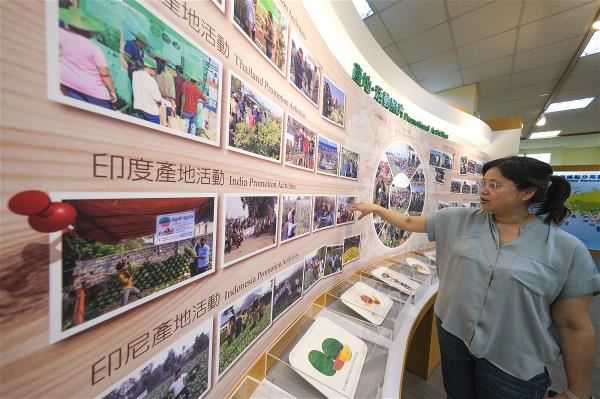
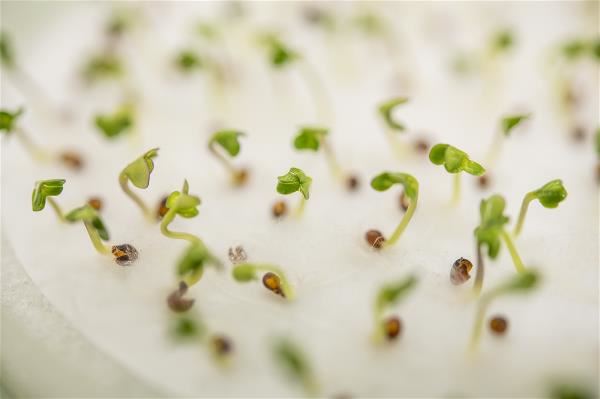
Price reduction strategy
Wang Chao-chieh, general manager of Known-You India, finally took the company out of the red and into the black one year after being posted to India in 2006. Annual revenues rose to ₹200 million (about US$2.3 million at today’s exchange rates). Building on the foundation laid by the former general manager Kiyoaki Iboshi, Wang adopted strategies to expand operations to new locations and to differentiate and localize the firm’s products.
Pricing seeds appropriately is a crucial aspect of marketing. In 2010 Wang submitted a plan to the company to sharply reduce the asking price for muskmelon seeds, “because Indian farmers can’t accept high unit prices for seeds.” The policy proved so successful that the following year the quantity of seeds ordered grew fivefold.
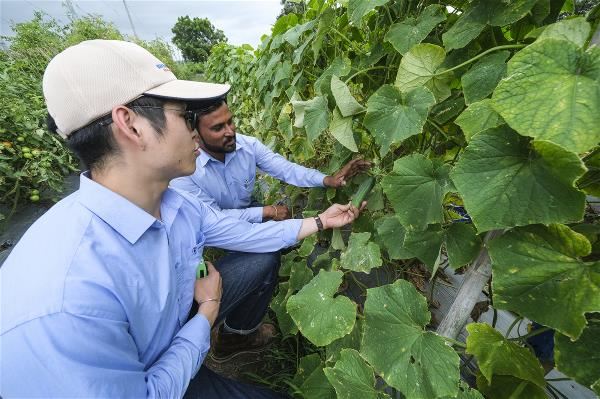
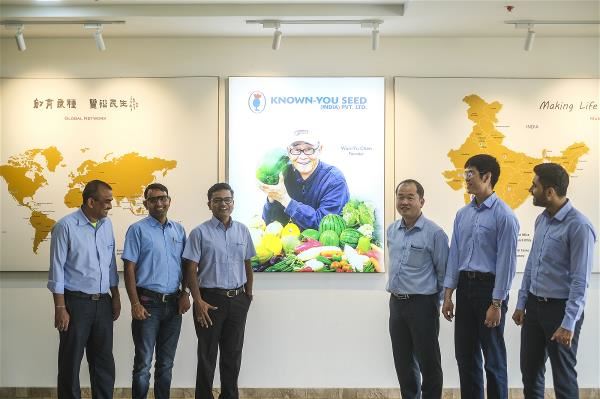
Rave reviews for a pale-pulp star
Linda Chang notes that for India, Known-You has specially adopted muskmelon cultivars that are well suited to extensive farming. One of these is the pale-pulp ‘Bobby’ variety. This muskmelon, which was very popular in Taiwan for a time 20-plus years ago, has a fine net pattern on the rind and pale green flesh, thereby differentiating it in the market from the most commonly grown muskmelon varieties in India, which have orange pulp. Bobby has proved very popular with consumers, and Known-You sold over one metric ton of seeds within a short time after the variety went on sale. Today Bobby has a market share of around 95% in India among pale-pulp muskmelons, which is a near monopoly.
Why was it that competitors could see how well Bobby was selling but could only look on disheartened? Linda Chang says: “Bobby’s parent plants both had pale pulp, yet it still took eight to ten years of work to bring this variety from the stage of field screening and selection to being a commercial product.”
The success of Bobby, in coordination with the expansion of Known-You’s sales network to 800 outlets, has enabled sales of Bobby seeds to grow from one metric ton to three metric tons.
The company’s diversification strategy is also manifested in its watermelon line. Most of the watermelons grown in India are large with stripes on the rind. In order to achieve market differentiation, Known-You introduced ‘Kiran’ watermelons, also known as “refrigerator watermelons” because they are small enough to fit into a domestic fridge. This is a high-yielding, very sweet variety that also stands up well to storage and transport. Sales of its seeds have risen over the years to two metric tons.
Hsieh Chi-yeh, who is in charge of product development at Known-You India, tells us that in India marigolds represent the divine and the auspicious, and are widely used in religious rituals and at weddings. The varieties sold by Known-You stand up well to squeezing and pressure, and the flowers are firm and don’t readily fall off the stems. In particular, its orange Mexican marigold isn’t susceptible to withering, and has earned widespread favor with farmers. Meanwhile, although the flavors of the company’s quick-maturing vegetables, such as ridge gourd and round eggplant, are overshadowed by the curry flavor of curry dishes, they are popular with consumers for their long storage life and resistance to bruising.
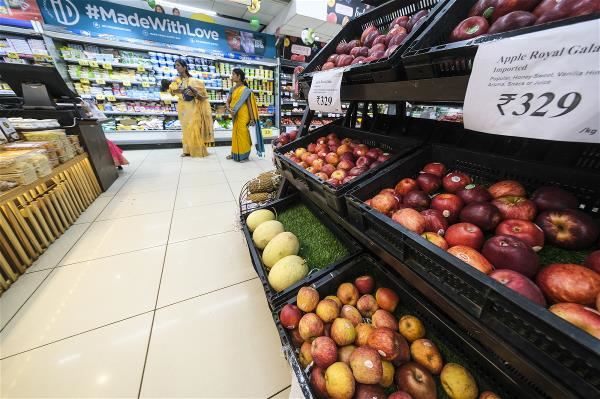
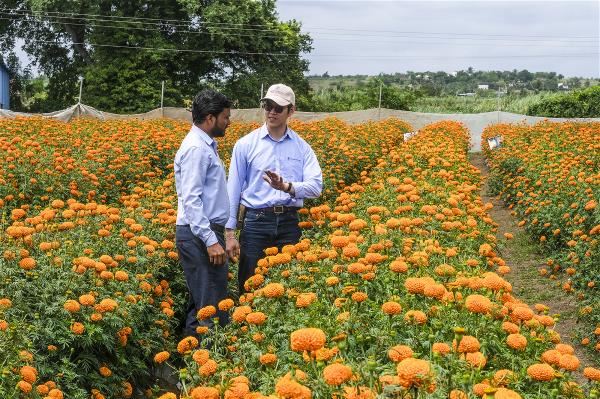
Local seeds, helping poor farmers
Known-You has developed a strategy of producing seeds in India for the local market there, thereby creating an additional source of income for its Indian subsidiary and avoiding the need for phytosanitary inspection and quarantine of seeds imported from Taiwan. The Indian subsidiary also sells seeds into Bangladesh, Pakistan, and the Middle East.
Known-You deliberately chooses to site its seed production in many remote and impoverished villages. They do so in part to help poor farmers.
Wang Chao-chieh says that on a recent inspection trip to visit farmers in North India, as he walked 30 minutes through a river valley he got the feeling of being in a desert. The riverbed was full of fine-grained white sand, and the place looked utterly barren. “I began to wonder if our plant varieties really could thrive in such harsh conditions.” But in fact, local farmers were able to successfully plant watermelons by broadcast seeding, and Wang could see the melons growing in scattered clumps of several fruit each. An inspection trip that had filled him with worry turned into a journey of respect for local farmers’ ability to “reap what they sow.”
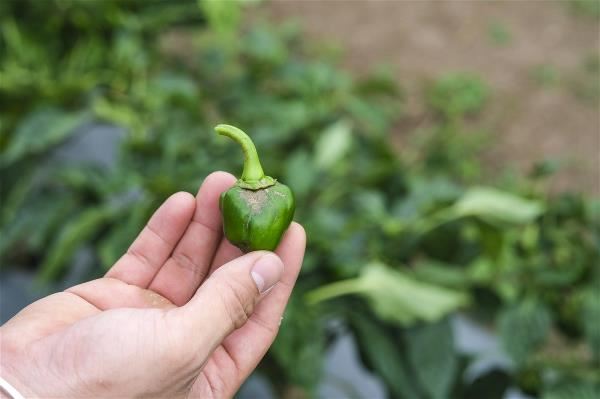
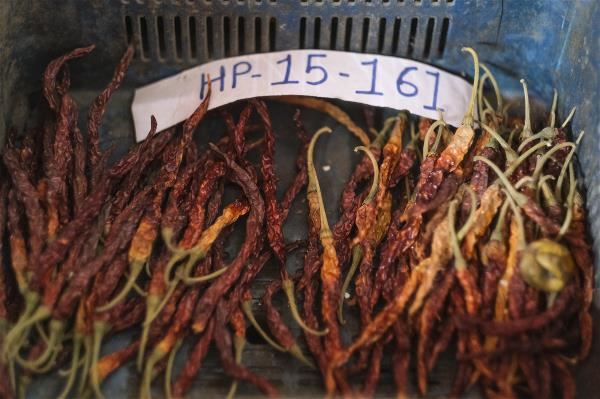
Gene sequencing
The biggest challenge at present for Known-You’s plant breeders is to make plants tolerant of adverse conditions and climate change. “In particular,” says Linda Chang, “there are different insect pests in northern, central, and southern India.” It is also possible for an individual plant to suffer from two or three diseases at once. When disease strikes, Known-You first dispatches staff to survey disease hotspots, where they select plants with potential for breeding disease-resistant varieties. These are brought back to labs in Taiwan, where staff selectively breed for resistance, after which the new varieties are sent overseas again for trial planting.
Breeding a new variety is a long-term endeavor, taking eight to ten years. Chang notes that in recent years Known-You has introduced genomics and gene sequencing in order to reduce breeding times.
Faced with the rigor and challenges of the market, the R&D capabilities of Known-You’s headquarters in Taiwan play a critical supporting role for operations in India. However, today India is also able to return the favor. Wang Chao-chieh explains that the firm has been looking for staff to work in African countries such as Kenya, Tanzania, and Uganda, but Taiwanese employees are not very willing to relocate to these nations. However, there are already many Indians working in East Africa, so the current plan is to send staff from India to support operations in that region. Moreover, India can serve as a transshipment center for Known-You’s products, giving more reach to Taiwan’s competitive advantage in plant breeding.
